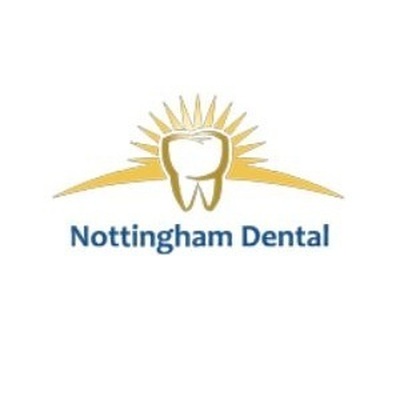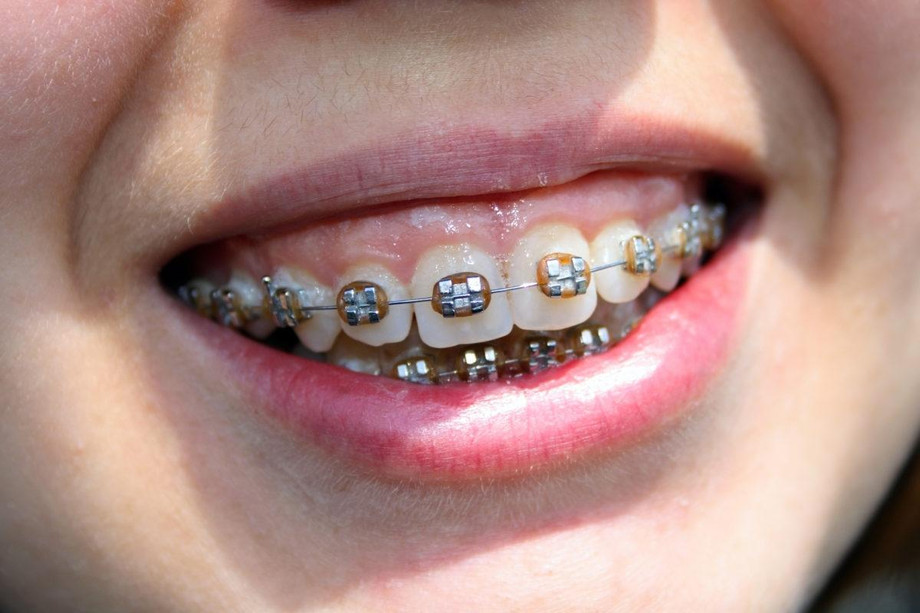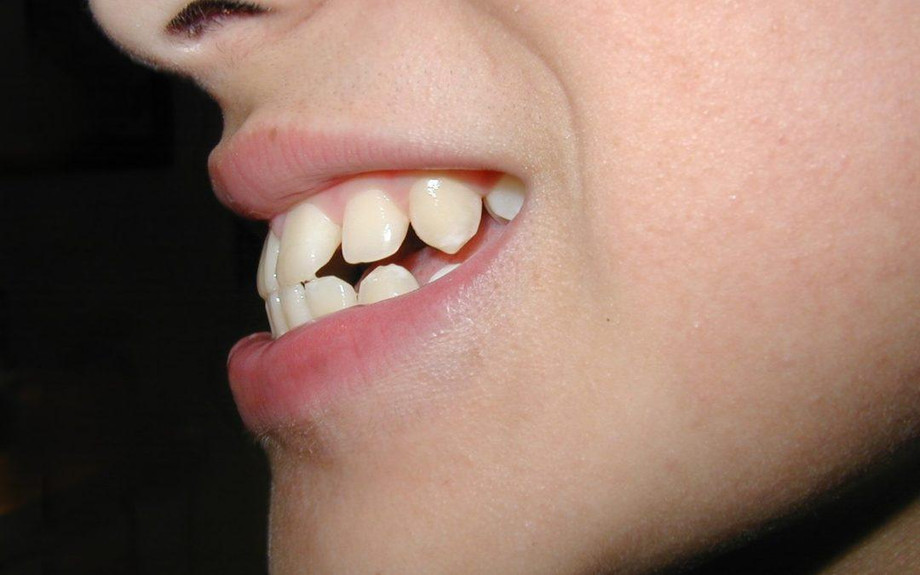Do You Have An Overbite?
Corps
Some people have an overbite, also known as forward bite or protruding upper teeth, but don’t realize it until they look in the mirror and see their teeth sticking out forward. Overbites can make you self-conscious, but they are easy to fix with the right Herbst Appliance Adults , MS. The first step is to determine if you do have an overbite by examining your teeth in the mirror or asking someone else to look at them from the side and take a picture from the front and side angles.
Why does my jaw protrude when I smile?
This is called an overbite, and it’s pretty common. More than 30 million Americans suffer from an overbite, which means that your upper jaw protrudes forward more than your lower jaw when you smile. If you have an overbite, your teeth might appear to be out of alignment, making them look crooked or causing other cosmetic problems. When diagnosing a patient with an overbite, a dentist will take an X-ray of his or her skull to see how much their upper and lower jaws deviate.
Signs you may need braces if you have an overbite
Do you feel self-conscious because of an overbite? While most people with an overbite don’t end up needing braces, there are ways to address an overbite without them. While not as common, some adults find themselves needing to wear braces after having had no need for them during their teen years. One telltale sign that it might be time for you to get a new set of braces is if your teeth have moved or shifted since your last set. Another is if you experience frequent pain or discomfort when eating or speaking. If you think you may need a retainer after wearing braces, ask your dentist about what types of appliances might work best for your situation and lifestyle.
What causes your teeth to be uneven?
An overbite occurs when your lower jaw is longer than your upper. This can be caused by a number of factors, including improper alignment of teeth or jaws. In some cases, both sides of your bite are overgrown; in others, only one side is affected. Regardless of what's causing it, you should have a dentist take a look at it and make sure there's nothing more serious going on. If you do have an overbite, there are ways to deal with it—although they might take time. Here are three treatment options
When should I get braces, if at all?
If you have an overbite and still have some growing to do, you may be wondering if it’s worth getting braces. Even if your dentist recommends them, don’t let that pressure you into making a decision. There are different types of braces out there and each one has its pros and cons; what works for one person might not work for another. Talk to your dentist about your options and figure out which is best for you. Remember, good oral hygiene can help prevent serious dental problems in future years.
Will my jaw return to normal after I get my braces off?
The short answer is, Yes, your jaw will return to normal. The long answer is more complicated but even more reassuring. What will determine how quickly your bite returns to normal after you get braces off depends on a number of factors: the state of your bite before braces, whether or not you wore a retainer and how often you brush and floss your teeth (after all, what good is having straight teeth if you aren’t going to take care of them?)
How can I make sure my mouth stays in alignment after braces are removed?
Once your braces have been removed, there’s nothing to hold your teeth in place. That means you’ll be up against some pretty strong biological forces pushing them back into an overbite if you don’t take a few simple steps to reinforce that Herbst Appliance Thankfully, it doesn’t take much work to ensure you won’t see a recurrence of that overbite once your braces are removed: Just follow these four easy rules and stick with it for six months.
Article source : https://dailygram.com/index.php/blog/1073695/do-you-have-an-overbite/













commentaires